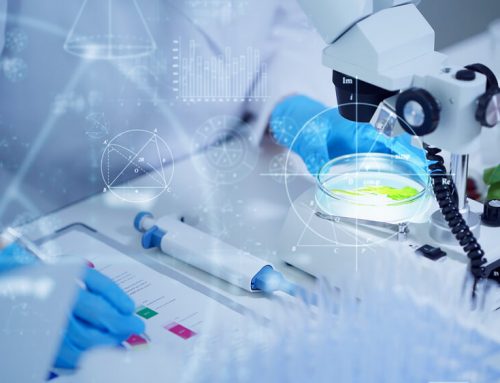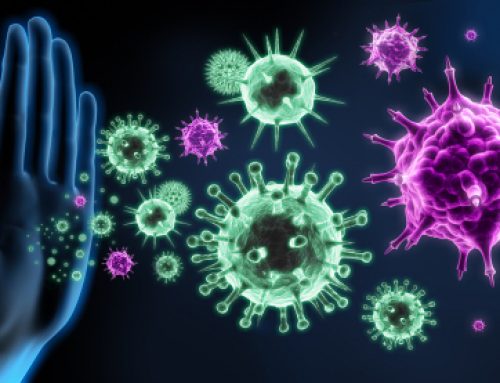A normal, healthy liver has the remarkable capacity to repair and regenerate itself after damage. But, the liver can become irreversibly damaged when people develop cirrhosis of the liver or experience acute liver failure. Common causes of cirrhosis include hepatitis C, alcohol abuse, or fatty liver caused by obesity. Will stem cell-based therapy one day regenerate livers that have been damaged beyond their natural repair abilities?
Hepatocytes, cells in the liver, make many essential proteins and break down toxins. Hepatocytes have been used for transplantation, but their usefulness is hampered by limited availability and the fact that they don’t grow well under laboratory conditions. A study by scientists at the University of Edinburgh in Scotland show that a type of stem cell known as hepatic progenitor cells can be grown and expanded to large quantities in the laboratory. When these hepatic progenitors were transplanted into mice with severe liver damage, the cells repopulated the liver and changed into hepatocytes and other mature liver cells. This was the first time that scientists have shown using an animal model that a severely damaged liver can be regrown to such an extent using stem cells.
Liver transplantation is currently the only effective cure for advanced liver disease. However, the global shortage of organ donations lead to many patients dying before a suitable donor liver becomes available. And while hepatocyte transplant is an alternative to whole organ transplantation, these cells are also in limited supply and cannot be expanded effectively. If the results of the new study are effectively translated to humans, then liver stem cells may become a readily available alternative to liver or hepatocyte transplant as a treatment for severe liver disease.






